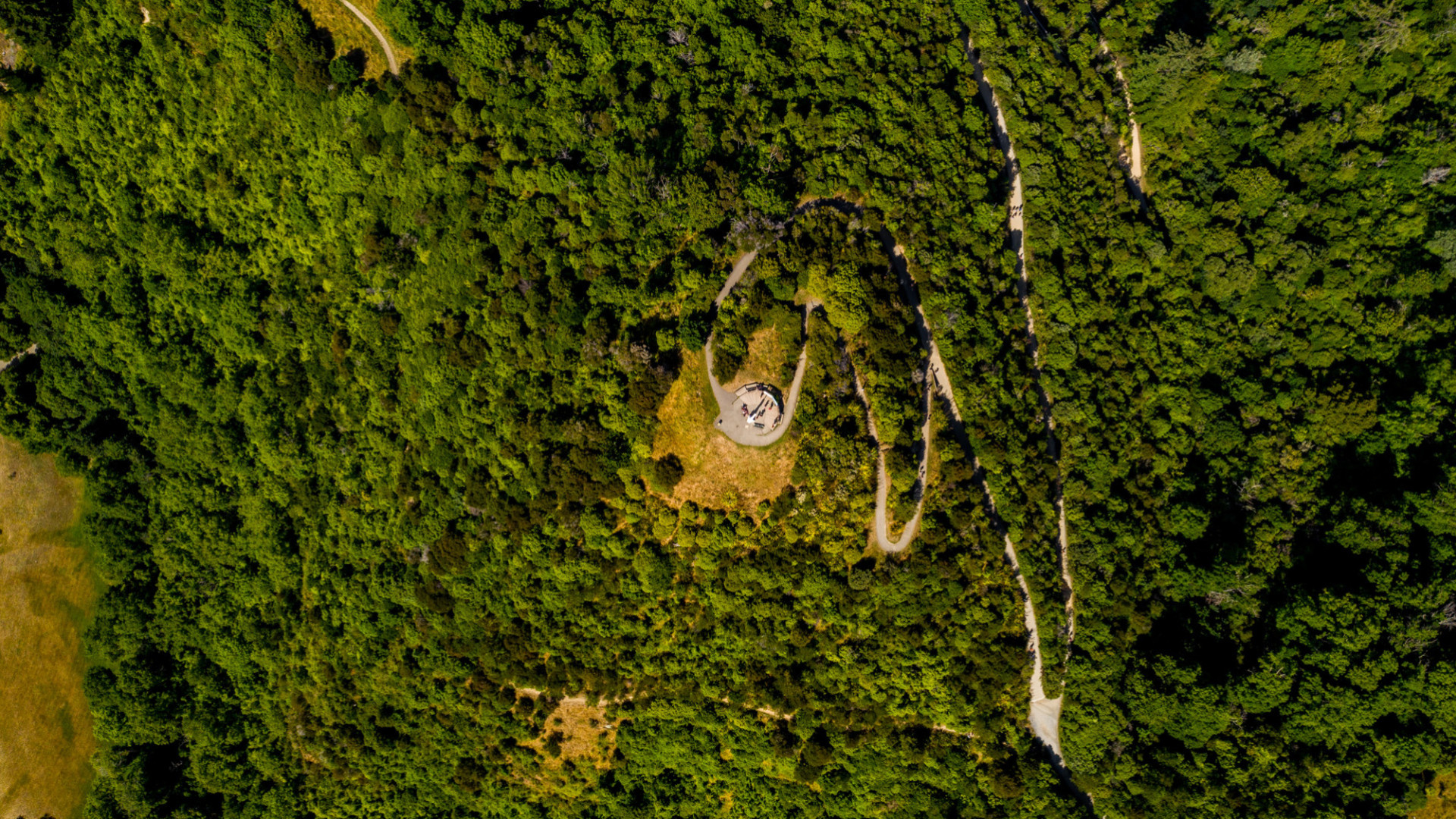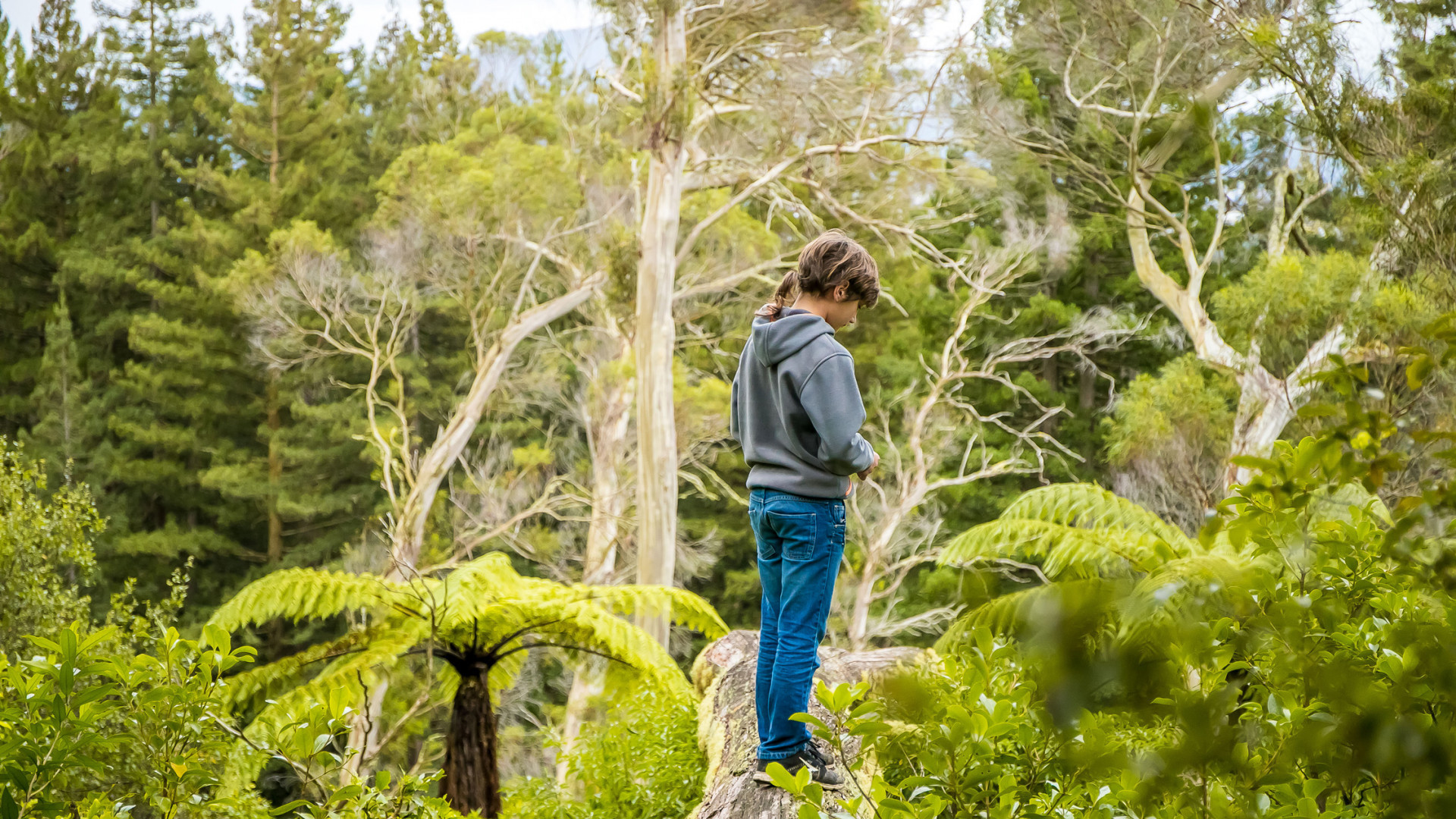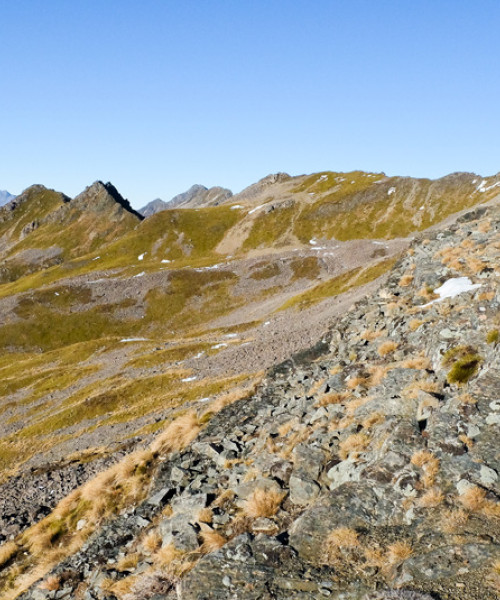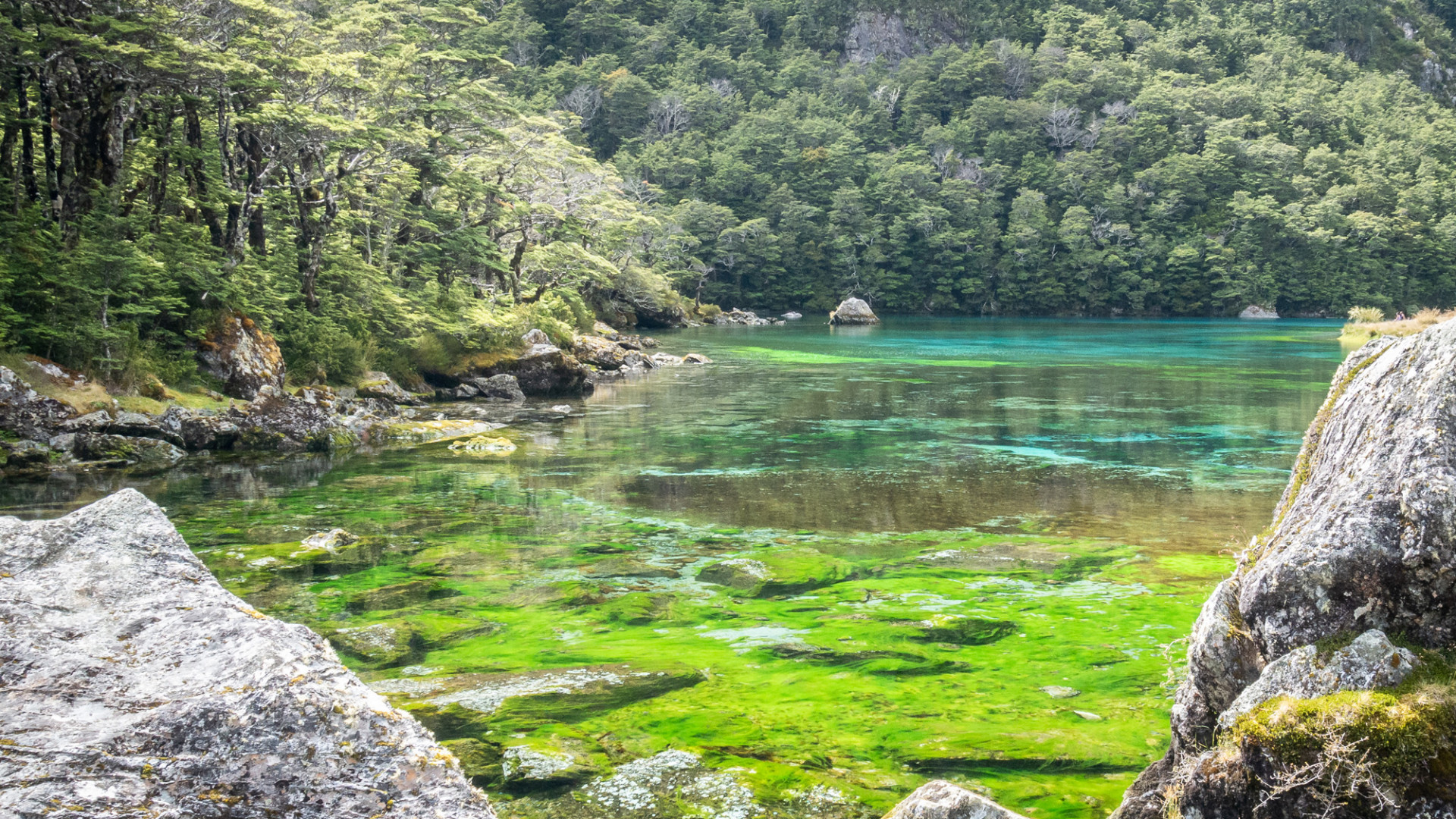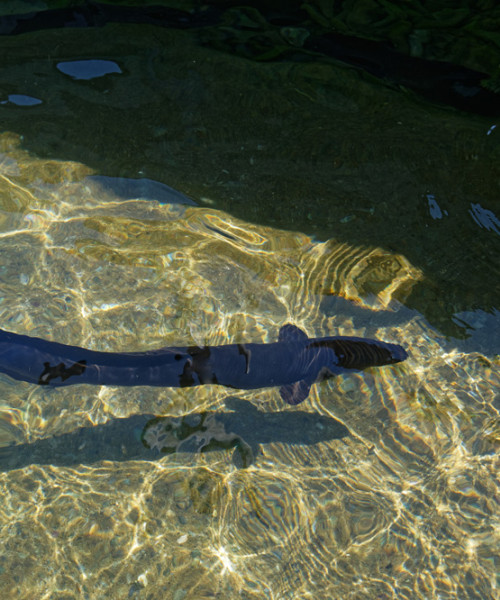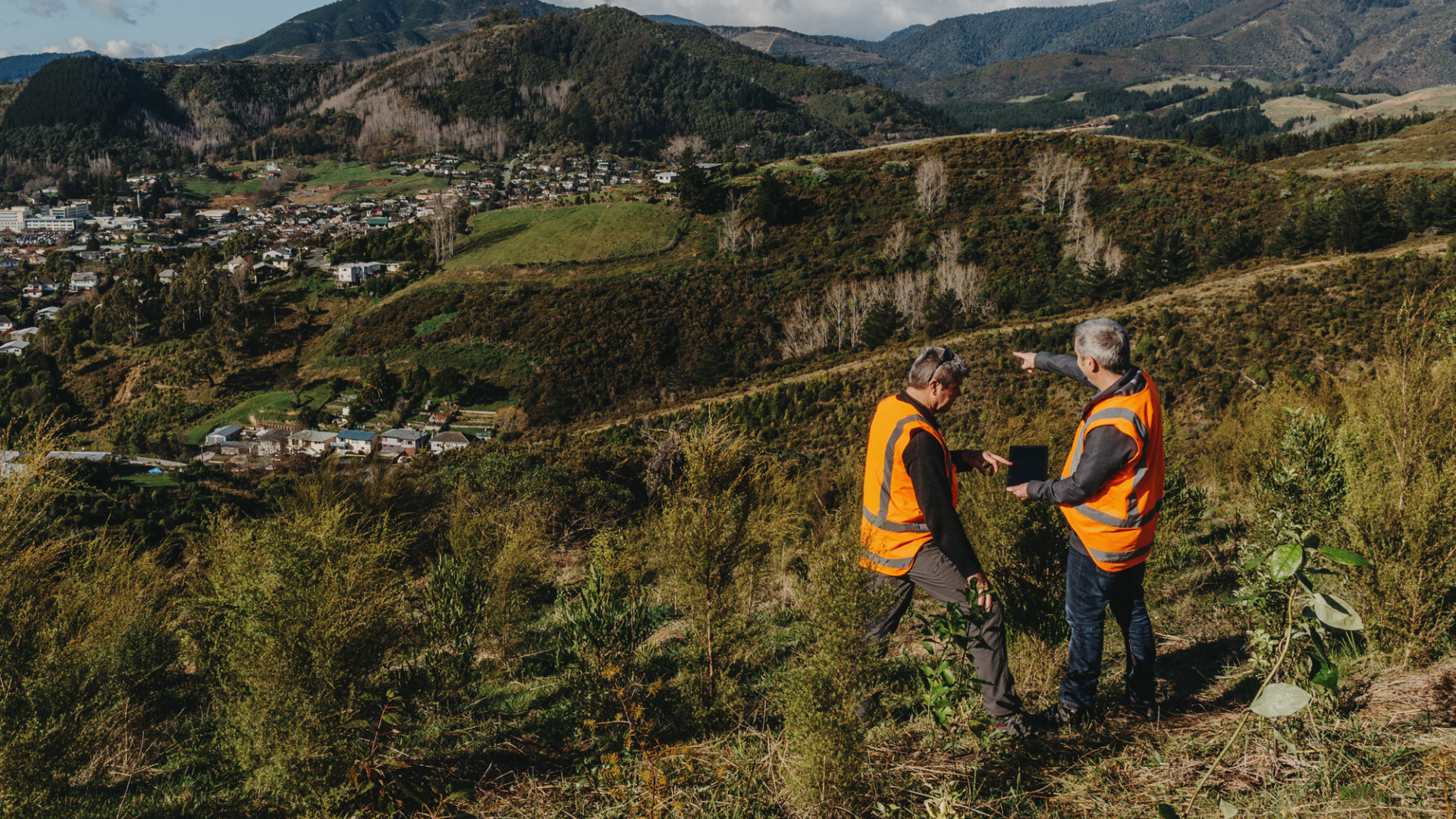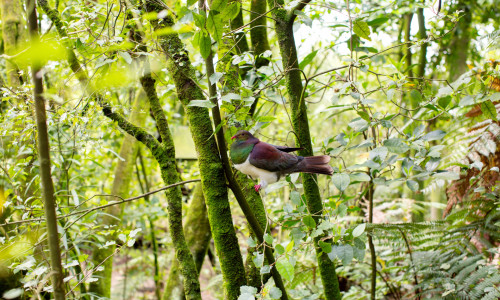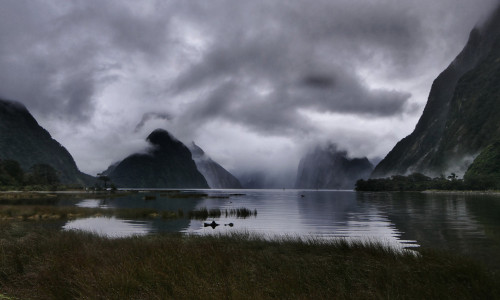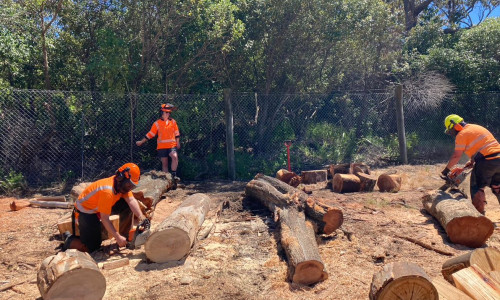Conservation
Towards a TBfree New Zealand
Project: Vector Quality Control Contracts
Date: 2018+
Client: OSPRI
Location: North Island/South Island backcountry
- Services:
- Pest
- Management
- Monitoring
A vital export earner
New Zealand’s meat industry is our second largest exporter, generating almost $10bn of $40bn annual export earnings. The sustainability of this export stream relies in large part on our country’s reputation as a trustworthy, safe source of high quality meat.
Big risks in the back country
TB has long been found in our wild animal and herd populations. While the risk of bovine TB being transmitted to humans through food consumption is minimal (milk is pasteurised and meat is inspected at slaughter plants) international markets increasingly demand traceability in primary produce – from paddock to plate – requiring full transparency of farming practices, processing, animal health and welfare.
The effect of any actual or perceived compromise on animal health from a disease such as bovine TB includes an adverse market reaction and production losses for New Zealand farmers and exporters, and direct economic costs for the farm and farmers concerned.
TBFree by 2055
OSPRI is responsible for the nationwide TBfree programme which aims to eradicate bovine TB from New Zealand by 2055. Key milestones include TB eradication from cattle and deer by 2026 and from possums by 2040.
A testing programme and movement control regulations are implemented to minimise the risk of TB spread. The disease is spread through aerosol transmission – coughing and sneezing in the vicinity of other animals – or through contact with infected possums. In New Zealand, possums are proven to transmit TB to livestock.
Monitoring eradication activity
Reducing possum numbers is essential to curb the spread of TB. Maintaining low possum numbers – below two possums per 10 hectares for a number of years – will result in the termination of the disease load in any given area.
This is the driver behind the TBfree programme’s possum control activity, and makes monitoring possum population density an essential part of the eradication programme.
Vector quality control
Nelmac’s expertise in predation control management, and the experience of it’s on-the-ground team of rangers led to securing contracts to monitor the success or otherwise of TBFree’s programme. Nelmac tracks and reports on the activity of performance contractors who deliver the possum control programme in specific areas of the country the have either potential or known TB infections within the possum population
An extensive work programme
To date Nelmac has delivered over 500 VQCC projects around the country. Within any given control area Nelmac identifies all landowners (private, public or iwi owners), and manages all engagement requirements, including securing consent and communications as necessary.
Rangers are then deployed to set monitoring markets, such as wax tags. Seven days later tags are collected. All field data is captured on Zebra TC75X Pda’s with the TBFree Vectorlink Programme. Device data is uploaded and submitted to Vectornet with 48 hours of data capture.
Keeping our team safe - zero harm
Rangers are working in often difficult backcountry and often alone. To ensure zero harm outcomes, InReach devices are carried by all field operators for in-field lone worker tracking, using third party app Trackme. This allows for home base real time tracking, monitoring and text communications to in-field staff. A call centre provides 24 hour monitoring of staff. Missed check-ins trigger and escalation process.
Looking for a conservation partner for your next project? Contact Nelmac on 0800 635 622 to learn more.
